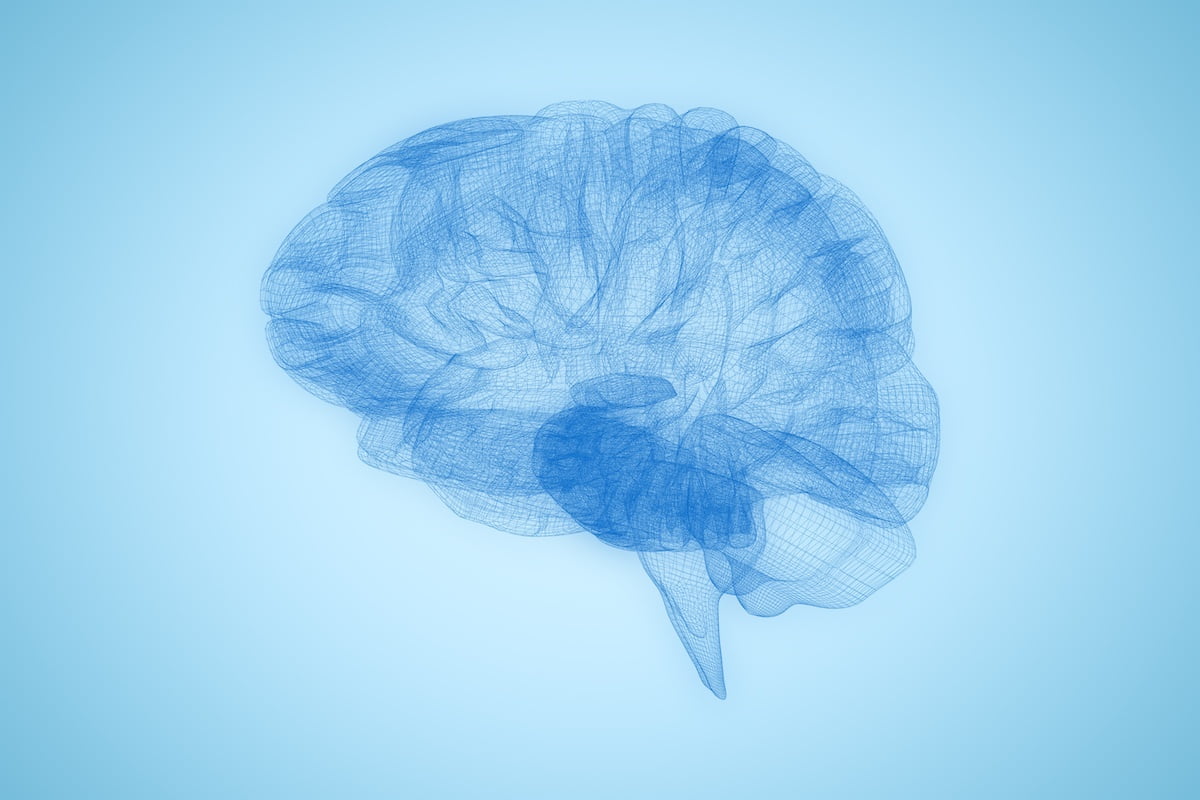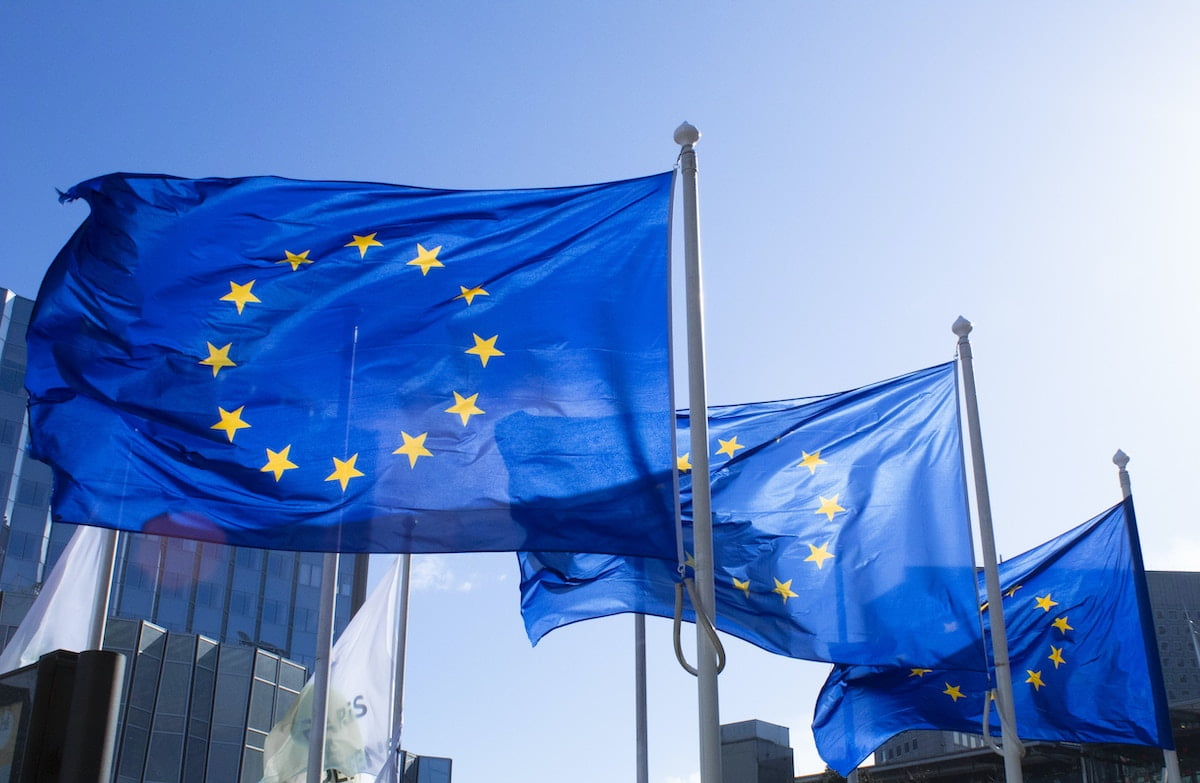Real-time quantification of brain activity during the psychedelic experience has been a major barrier within psychedelic research. A unique partnership between Cybin and Kernel aims to tackle this problem using a near-infrared spectroscopy system.
Life sciences company Cybin, which is taking classical psychedelic drugs and transforming them into scalable therapeutics for mental health disorders such as depression, anxiety, and addiction, has teamed up with neurotech company, Kernel, to harness its innovative technology to gather longitudinal brain activity data before, during and after a psychedelic experience.
Kernel Flow is the first commercially scalable time-domain functional, near-infrared spectroscopy system that enables the quantification of what was previously subjective self-reporting, says Doung Drysdale, CEO at Cybin.
“There is currently some neuroimaging data around psychedelics from Imperial College, London. Robin Carhartt-Harris has been using fMRI, to look at brain activity during the psychedelic treatment but that is quite difficult to do. fMRI machines are expensive and they are hard to access. From a practical point of view, putting someone in a metal tube with 120 decibels while they are on a psychedelic drug doesn’t sound great.
“The Kernel team has done something really quite spectacular. They have taken near-infrared spectroscopy, which has been around for quite a while, however, they have managed to miniaturise it. They have created far more intense lasers and are pulsing the light with full head coverage, and then measuring the scatter that comes back from what it hits, whether that is cranium, or tissue or a blood vessel, for example.
“Because it is pulsed to get real-time data from the cranium, that means we should be in a position to collect far more data because this helmet should be a lot more accessible.
“We are hoping to see real-time brain activity data before, during and after a psychedelic treatment. Maybe we will be able to see neuroplasticity that we have seen under fMRI, and we might be able to see how long that persists after dosing because it will be a easier to keep the patients under the neuroimaging device. We may see specific areas of the brain light up, which may help us create more targeted treatments in the future. But we are at the early stages with the device.”
Cybin is running a study with Kernel using ketamine, which is expected to complete before the end of this year, and which Drysdale says will help guide how to use the device with psychedelics in the future.
“With this device I think it is inevitable that we will learn more. When you think about the scarcity of neuroimaging data with psychedelics, because of lack of access to technology, then we are bound to. What we don’t know yet with the device is exactly what we will see, what kind of detail. But I’m optimistic – I think being able to finally have a quantitative tool when investigating these drugs is going to be really valuable.
“With many kinds of clinical trials, whether it’s pain or depression, for example, often the patients are just getting a questionnaire which doesn’t really replace the quantitative data that we hope to get from the Kernel device.”
Measuring microdosing
Drysdale highlights the device could also help to understand the efficacy of microdosing, for which there is currently very limited evidence to show whether or not it is beneficial for conditions such as treatment-resistant depression.
“When you think about doses that are the sub-hallucinogenic, where there is a barely perceptible effect, perhaps in attention deficit or cognitive impairment, we have seen a lot of anecdotal data around microdosing that it can be beneficial. However, no one has really proven that – there have not been any robust large-scale clinical studies, because those kinds of studies are hard to do when you have got a very small effect size.
“It’s hard to measure as you need that large sample size with lots of patients. So, it is possible that the device might help us detect and quantify activity with these sorts of treatments or with very low doses that might lead to future treatments in these kinds of indications.
“There is still a stigma around these molecules from decades of the war on drugs and regulators like data. So, if we have data we have pictures that show, quantify or help us understand in more detail what kind of activity is really going on in the brain during these treatments then it just goes to further support the science.
“We know what receptors these molecules bind to and we believe that there is this period of neuroplasticity that occurs during psychedelic treatment, but we really do not know how those two things are connected. We do not really know why this neuroplasticity occurs, or how it occurs, or what mechanism drives it. You can have drugs that hit the 5-HT2A receptor, but do not give you neuroplasticity, so, maybe we can start to understand the connection between those events.”
Cybin’s investigations
Cybin is carrying out a number of studies exploring anxiety, depression and alcohol use disorder and is currently waiting for regulatory approval for a further study with the University of Washington, Seattle, exploring the use of psilocybin as a treatment for PTSD from COVID-19 in frontline healthcare workers.
“When we look at classical psychedelic molecules, we know an awful lot about them, and we know a lot about their metabolism, toxicology, the chemistry – that is a great starting point for drug development. But many of these molecules have challenges that make them really quite difficult to use in their classic form as therapeutics,” says Drysdale.
“Firstly, is bioavailability – DMT has almost no oral bioavailability, and psilocybin has quite low bioavailability, maybe 40 per cent, and that is very variable. Another challenge is that they are quite long lasting. So, a psilocybin session might be six hours, an LSD session might be as much as eight hours, and with MDMA, patients might have to stay overnight, maybe can’t even drive the next day, technically. So, those don’t really provide opportunities for scalable treatments – it is hard to see how depression clinics or addiction clinics can really adapt these treatments on a large scale.
“Our goal is to use medicinal chemistry and drug delivery technologies to modify these classical psychedelic drugs, retain their efficacy and retain their receptor-binding properties, to create treatments that have a faster onset of action, or have a shorter duration, that might fit within a typical kind of therapy window of 45 minutes to two hours.”
Cybin is focusing on improving the bioavailability of psilocybin through the development of a sublingual formulation that will be explored as a treatment for major depressive disorder, aiming to achieve rapid onset of action by avoiding the GI tract and liver.
“Our programmes for alcohol use disorder and anxiety disorders are using a similar approach, however, rather than taking a long-acting molecule like psilocybin and trying to make it shorter, we are starting these two programmes with very short-acting tryptamines that would typically last maybe only ten minutes, and slowing the breakdown of those tryptamines in the body to make them last longer.
“Instead of a rocket spike plasma concentration, we expect to see more of a flatter curve, keeping the drug levels in the therapeutic window, but removing the spike that causes side effects, and extending the duration.
“Our anxiety programme is based on a molecule that has almost no oral bioavailability at all, so, we’ll be combining that with an inhalation technology so we can deliver the drug directly through the lungs, and right into the bloodstream very effectively. Again, bypassing the liver and the GI tract.”

 Opinion2 years ago
Opinion2 years ago
 Insight3 years ago
Insight3 years ago
 Medicinal2 years ago
Medicinal2 years ago
 Research2 years ago
Research2 years ago
 Medicinal2 years ago
Medicinal2 years ago
 Markets & Industry1 year ago
Markets & Industry1 year ago
 News3 years ago
News3 years ago
 Medicinal2 years ago
Medicinal2 years ago


















